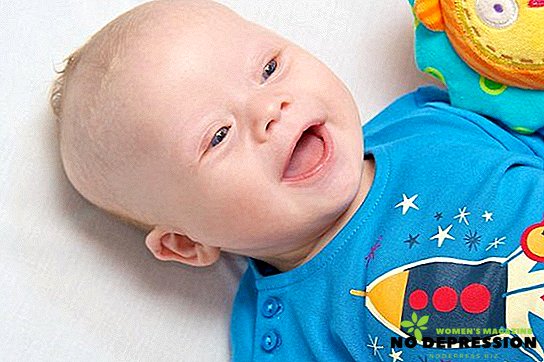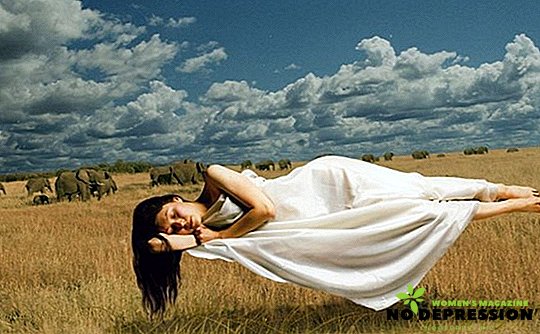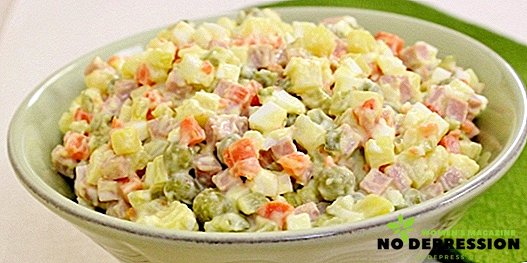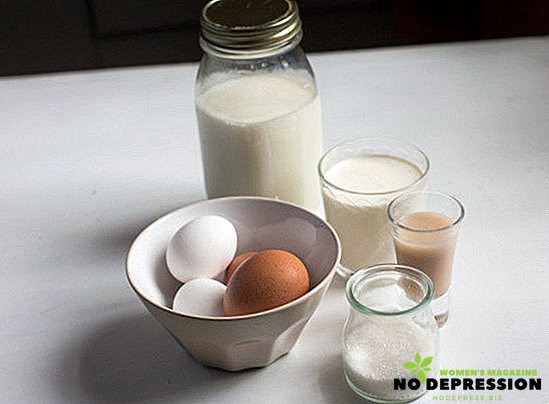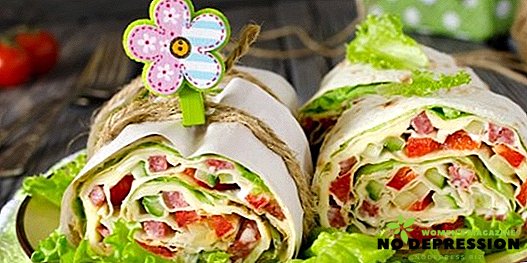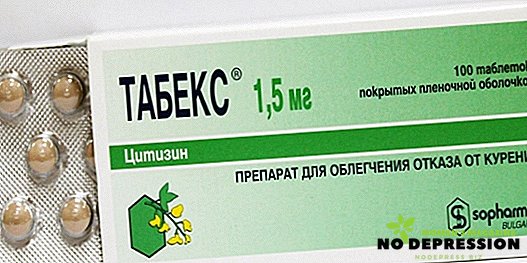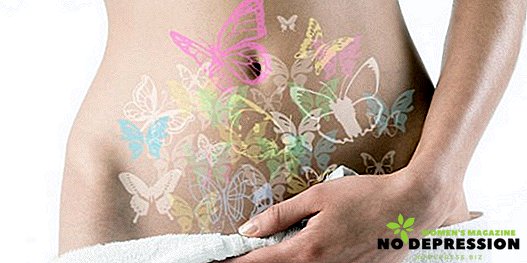Chickenpox or chickenpox is one of the most common childhood diseases. Of course, it happens that an adult also falls ill with chickenpox, but this is either because he did not get sick in childhood, or it is a great rarity.
An adult person suffers this disease very hard, which is why it is better to get it in childhood. It is in this case that a person develops immunity to this disease.
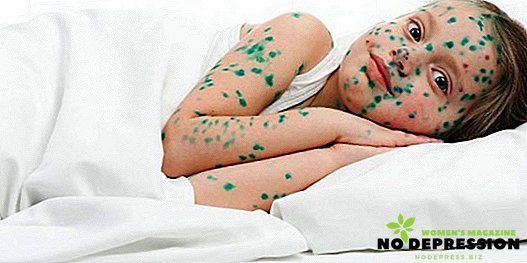
The herpes virus lives in every human body and is the main culprit-causative agent of chickenpox.
How does the infection occur?
Chickenpox cannot be shed one by one. It is transmitted by airborne droplets, settling on the mucous membrane, the virus instantly enters the body, which is why outbreaks of chickenpox occur periodically.
The virus stays in the air for about 10 minutes, so you can get sick by driving in a minibus, in which a sick or infected person was traveling.
The risks of chickenpox infection are high if:
- your child is between 2 and 10 years old;
- the child visits places where there are many other children: school, clubs, kindergarten;
 Children under 6 months have a special immunity, which gives them a mother at birth, and is supported by breastfeeding.
Children under 6 months have a special immunity, which gives them a mother at birth, and is supported by breastfeeding.
Basically, the symptoms are the same for everyone, but like any other disease, chicken pox goes away individually.
Someone sprinkles from head to toe, and someone will cost a couple of pimples.
But in children with a strong immune system, the disease can pass completely unnoticed.
How many days does the incubation period of chickenpox in children last?
The incubation period of chickenpox lasts from 15 to 21 days, passes without a trace and without any special manifestations. The child looks healthy, but for 21 days he will be the carrier of the virus. Those. everyone he contacts during this time has an almost 100% chance of getting chickenpox.
First signs of chickenpox
After the incubation period has ended, the active phase begins. The child begins to feel bad, and symptoms of chickenpox appear. It:
- high temperature, which can reach up to 40C;
- a sharp decrease in appetite;
- headache;
- muscle pain;
- insomnia;
- apathy;
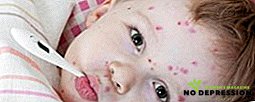
- irritability;
- tearfulness;
- anxiety;
- nausea;
- and of course, the appearance of reddish pimples, which turn into itchy blisters filled with fluid.
Basically, the symptoms are the same for everyone, but like any other disease, chicken pox goes away individually. Someone sprinkles from head to toe, and someone will cost a couple of pimples. But in children with a strong immune system, the disease can pass completely unnoticed.
 Blisters should never be scratched. In the best outcome, they can become small scars, and in the worst case, you can carry the infection, which threatens with more serious complications. That is why parents should understand that it is necessary to monitor the child for the period of illness and to do everything so that the itch does not torment the child.
Blisters should never be scratched. In the best outcome, they can become small scars, and in the worst case, you can carry the infection, which threatens with more serious complications. That is why parents should understand that it is necessary to monitor the child for the period of illness and to do everything so that the itch does not torment the child.
Three days later, after the onset of pimples, they begin to dry out and become covered with a crust. But this does not mean that there will be no new ones, because chickenpox runs for 5-9 days.
Crusts begin to fall off as much as 14 days. If in the process of the disease pimples and blisters did not comb, then the skin will have pale pink spots, which subsequently disappear.
Treatment of chickenpox in children
Depending on the state of immunity of the child, the disease lasts on average up to 9-10 days.
It is impossible to cure chickenpox, antibiotics are powerless before it and therefore the main task of a parent for the period of this disease is to ease the course of chickenpox.
Namely:
- lubricate blisters and spots of green paint and other means that relieve itching. If itching is very severe, antihistamines should be given to the child;
- Carefully monitor that the child does not comb sores. Little children can wear gloves;

- exclude from the child's diet foods that may cause allergic reactions (it should be remembered that the child's body is weakened);
- as during any illness, children during this period should drink plenty of water in its pure form and fluids, in general;
- in rare cases, but it happens that the rash occurs on the mucous. In this case, it is recommended to wash the infected areas with a solution of chamomile;
- at temperatures above 38, it is necessary to bring down, but the main thing to remember is that in no case should you be given aspirin and aspirin-containing agents for chicken pox!
- for the period of illness, the child must comply with bed rest;
- be sure to ventilate the room, and not let the child sweat, because in this case the itching will increase;
- the child should be dressed in loose clothing made from natural materials;
- bed linen is recommended to be changed every day.
In rare cases, complications occur, noticing atypical signs of chickenpox, you need to immediately call a doctor and hospitalize the child.
Is it possible to bathe children with chickenpox
Previously, it was believed that with chickenpox, swimming is prohibited, because water helps the infection to spread and multiply further.
Now, it is already scientifically proven that swimming with chickenpox is not harmful, but rather the opposite.
The benefits of bathing during chickenpox are due to:
- cleansing the skin from sweat and dirt, which is necessary not only for an infected child, but also for a healthy one;
- on dirty skin, any infection spreads much faster and does not pass longer;
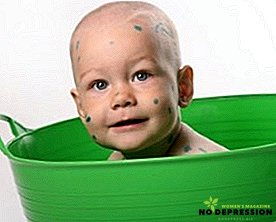
- and, of course, water greatly reduces itching.
Of course, you should not bathe the child with the temperature, and if he is very weak, it can lead to a deterioration of health, in this case it is better to wipe off sweat.
Rules for swimming with chickenpox:
- for a while it is worth forgetting about any means for washing - washcloths, soap, shampoos, gels;
- you can not wipe the child, it is better to dip a towel;
- swimming with chickenpox can be several times a day, but for a short time;
- after each swim, it is necessary to treat the pimples by special means, mainly applied brilliant green.
- water should be slightly higher than body temperature. Neither a hot shower nor a cold one should be taken;
- for the period of the illness, the child, in addition to the shower, can take a bath (no more than 10 minutes) with herbs that reduce irritation and itching: chamomile, peony, celandine, sage.
Complications after chickenpox in children
Of course, the most predictable complication is skin infections. After all, combing pock marks and tearing off the crusts is easier than ever to get an infection. After that, the sores can begin to fester, and passing leaving scars. Having brought infection to the mucous membrane, you can get more serious consequences:
- corneal inflammation;
- stomatitis;
- otitis;
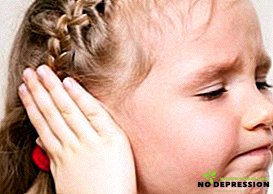
- inflammation of the genital organs.
In order to avoid the above complications it is necessary:
- monitor the hygiene of the child, the purity and length of the nails;
- daily change bedding and clothes for a sick child;
- bathe the baby.
However, there are complications that can not be called skin. For example, chickenpox pneumonia may occur several days after the onset of chickenpox. It has obvious signs of a similar disease, namely:
- cough;
- hemoptysis;
- dyspnea;
- heat;
- blue skin.
Any pneumonia should be treated exclusively in the hospital, therefore, as soon as such symptoms appear, call a doctor immediately. The child may begin pulmonary edema, and for 1-2 days may be fatal.

This complication is quite rare, but still occurs. At risk are:
- pregnant women;
- children and adolescents with weak immune systems;
- newborns.
Chickenpox can also cause complications on the nervous system, causing chickenpox inflammation of the brain, or encephalitis. This is a serious disease that should be supervised by doctors, in the hospital. Signs of encephalitis can appear in the initial stage of chickenpox, i.e. before the rash appears.
Chickenpox encephalitis is manifested by:
- high fever;
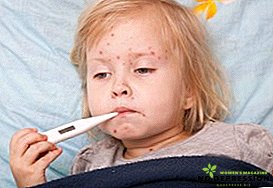
- convulsions;
- vomiting;
- headache;
- tremor;
- lack of coordination.
With the right treatment, which accordingly should be made on time, the disease will disappear in 4-5 weeks.
Complications can also occur with meningitis, inflammation of the kidneys, inflammation of the liver, and complications of the heart. But all this is purely individual, and depends on the immunity of the sick.
If your child is active, rarely gets sick, takes vitamins and is tempered, the disease will pass quickly and painlessly.
Prevention of chickenpox in children
Unfortunately, there are no rules of protection against chickenpox per se, since it is almost impossible to protect oneself from it, especially if the baby visits the places where other children accumulate. Isolation of the offspring from those already infected, even on day 21, is at 99% and 100 will not work.
 In our country, of course, there is vaccination against chickenpox, but it is not mandatory and its validity period is from 10 to 20 years.
In our country, of course, there is vaccination against chickenpox, but it is not mandatory and its validity period is from 10 to 20 years.
Probably you should not be afraid of chickenpox, because in an adult it goes much harder, with more serious complications than in children.
So if your kid in kindergarten started an epidemic of chickenpox - not scary.
Just pay due attention to this disease, as well as any other.
In the next video - additional information about chickenpox in children.








